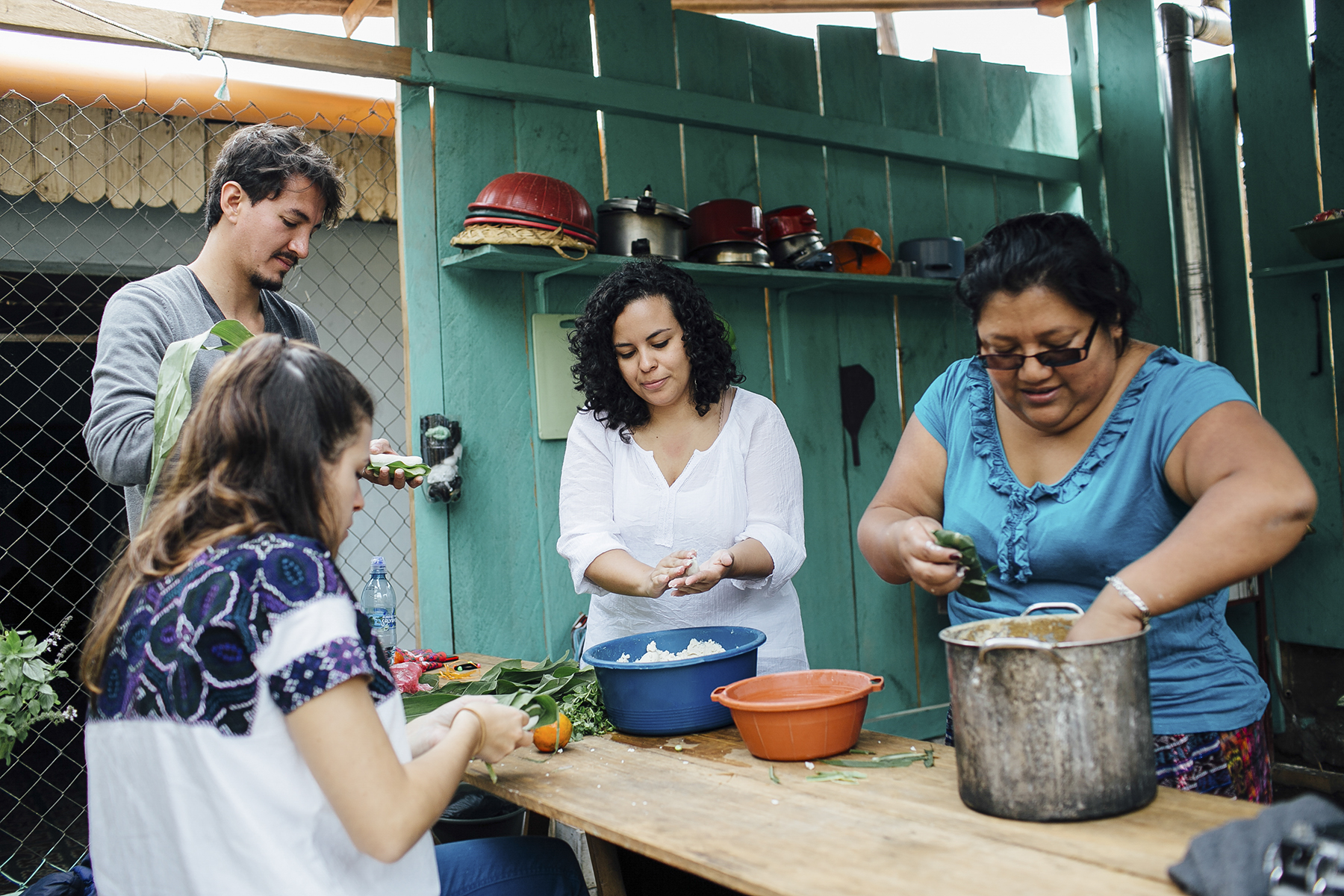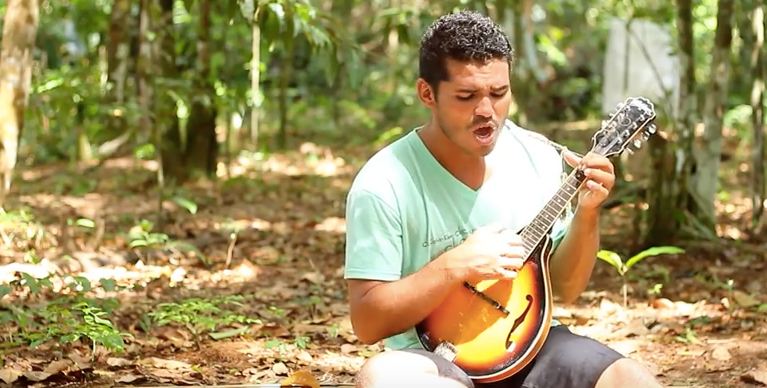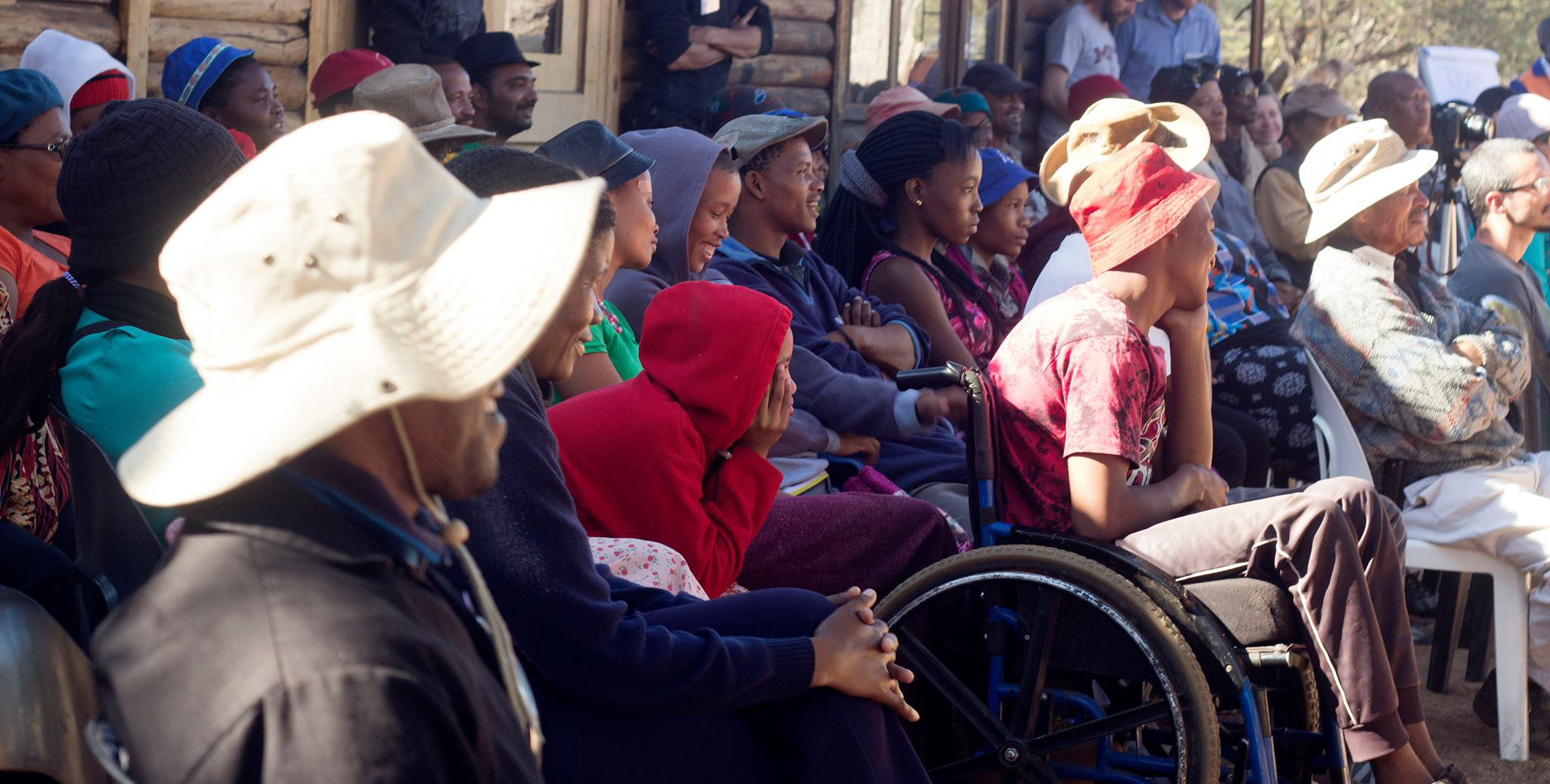Laika Academy & MIT D-Lab Co-Organize Local Innovation for Development Convening with Leaders from Guatemala, Kenya, Pakistan

In just a few weeks, design for development leaders from Guatemala, Kenya, and Pakistan will gather from across the world in Melbourne, Australia for a convening on building innovation ecosystems.
The fifteen participants are drawn from the International Development Innovation Network (IDIN) local chapters in Kenya, Guatemala, and Pakistan, and come from diverse backgrounds and fields of expertise.
The convening, which takes place March 25 - April 9, is co-organized by the International Development Innovation Network at MIT D-Lab and Laika Academy, and generously supported by the Australia Department of Foreign Affairs and Trade.
Participants will learn about building successful innovation ecosystems, share and equip each other with a new skills and resources, and create action plans for building their own local innovation ecosystems once they return home.
“For the past five years, IDIN has been building a strong network of local chapters that use design, education and technology to solve local challenges,” says IDIN Global Network Manager Jona Repishti. “This event in Australia brings together three of our chapters to learn about each other and to plan impactful events and projects that strengthen the local innovation ecosystem in their respective communities.”
Additionally, teams will travel throughout Melbourne, visiting a variety of social enterprises, maker spaces, nonprofits, and other ecosystem actors doing community impact work in the convening’s host country, Australia.
"This program is an excellent opportunity for the participants to learn from leading Australian designers, educators and social innovators through a series of dialogues, workshops and site visits,” says Laika Academy Founder Julian O’Shea. “They are exceptional individuals and I look forward to building stronger connections between Australia and their host countries and supporting them create positive impact on their return.”
Participants were chosen from three IDIN local chapters based on three criteria: strong, central leadership to mobilize a local community; diversity of its members; and advanced knowledge in design and training.
It was also intentional that local chapters were chosen from a diversity of continents and contexts, spanning African, Latin America, and Asia.
While much of the convening will be driven by the teams themselves through self-guided learning, staff from Laika Academy, MIT D-Lab, DSIL Global, and other special guest speakers will share learning on topics such as product development, scaling social ventures, project sustainability, leadership and personal development, fundraising, gender equity, maker spaces, and more.
In anticipation of the convening, each country’s participants have been meeting regularly to set collective local goals that will drive their action plan to be created later this spring at the convening.
“I believe the summit in Australia will create the perfect scenario for intense cross-learning experiences and unusual relationships to occur among the very diverse participants, organizers and hosts,” says Omar Crespo, Co-Founder of the IDIN Guatemala Chapter. “I am excited to be immersed for two weeks in such an event surrounded by like-minded professionals and innovators in one of the world's strongest innovation ecosystems, to share, learn and obtain knowledge, new skills and contacts that bring us closer to the formation of our local innovation ecosystem in Guatemala.”
On the final day of the convening, organizers will host a public event and showcase for those in the Melbourne area to come learn more about the emerging innovation ecosystems in each of the three countries. Details will be announced as they are available.
About MIT D-Lab and the International Development Innovation Network
Working with people around the world, MIT D-Lab develops and advances collaborative approaches and practical solutions to global poverty challenges. The International Development Innovation Network at MIT D-Lab enables a diverse, global network of innovators to design, develop, and disseminate low-cost solutions to improve the lives of people living in poverty. In 2017, the IDIN Network included more than 825 changemakers in 65 countries around the globe.
About Laika Academy
Laika Academy is an Australian social enterprise established to work in partnership with universities to develop and deliver innovative overseas educational programs. The organization aims to educate and connect students to important global issues; to increase the number of students undertaking international education and mobility programs; and to provide tangible connections between technical knowledge and their application to create positive social change.






